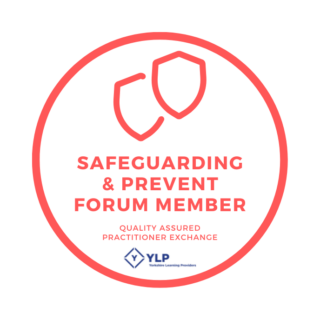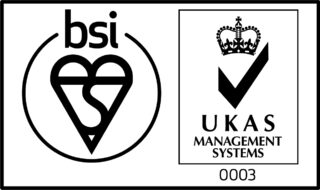Human Factors network write up 2 February 2023

CATCH hosted the first Human Factors Network of the year on 2nd February. Katie Hedges, Director of Membership, introduced the group’s new chair, Chris Marron, Senior Human Factors Specialist at Yara Europe. Chris welcomed Prof. Fiona Earle, Director, The Centre for Human Factors at the University of Hull.
Fiona introduced the topic of Fatigue and the range of work she has undertaken in this field. Human Factors is an incredibly broad discipline covering many aspects related to human behaviour, our decision making processes and how to ensure we operate in the workplace safely and understanding how our workload affects our fatigue levels. The science around fatigue is still developing and remains complex. It is important to understand how fatigue impacts on health and safety risks and safety outcomes.
Our in person only workshop was very interactive and delegates had the opportunity to learn and share opinions and help shape their understanding of fatigue management. The definition of fatigue is more than just feeling tired, it includes impaired processing and as fatigue levels increase it can be characterised by an aversion to further effort. These different layers or aspects of fatigue can all be tested and measured in a scientific way to identify risks and find ways to support teams and individuals’ performance. The deterioration over time due to lack of sleep can build up fatigue to more critical levels.
After a break, small groups completed a task to explore different industry job roles and capture all the potential impacts that could affect the levels of fatigue experienced by employees in that role. The group recognised the impact of responsibility experienced by employees on shift work as they arrive on shift and inherit whatever is happening during shift handover. The impact of balancing business needs with the team working on that shift and understanding how the time of day can sometimes be an important factor.
In summary, Fiona explained that on the surface, fatigue can be incorrectly characterised as just ‘tiredness’ and organisations rightly focus on managing shift patterns to best support shift workers sleep habits and recovery periods. During the workshop Fiona was able to explore a wider range of factors that impact fatigue, including emotional fatigue, and advised that regular debriefing sessions can reduce levels of emotional fatigue in teams performing intensely focused tasks for extended periods, often away from home life. Where organisations explore all potential causes of fatigue and review the effectiveness of control measures, it is possible to limit and prevent fatigue from reaching unmanageable levels.
The next CATCH Human Factors network will be held on 14 June.





